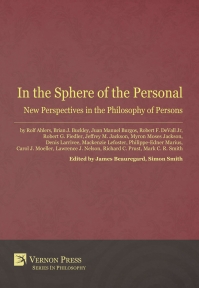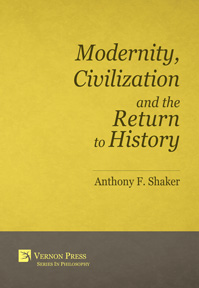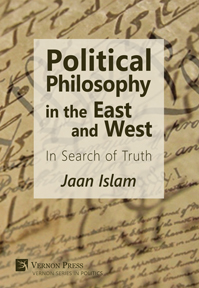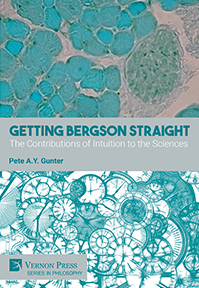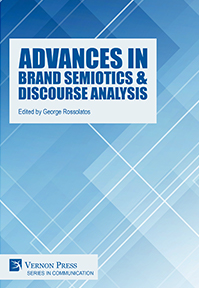Purchase this book
(click here to change currency)
This book concerns the philosophical analysis of modal sentences. David Lewis’ Modal Translation Scheme "translates" sentences of quantified modal logic into sentences of predicate logic supplemented by counterpart theory. A number of theoretical advantages are thereby secured. One component of the translation scheme makes reference to non-actual but possible worlds i.e. the primitive predicate “at a world(s), w”. The author addresses the problem of advanced modal sentences which threaten this predicate and so the ability of genuine realism to secure the aforementioned theoretical benefits. The problem of advanced modal sentences is a relatively new field of philosophical research. This ground-breaking book will primarily be of interest to researchers in modality, particularly those working in this field.
Introduction
1 An ontological commitment to worlds
2 Ontological commitment and ordinary language
3 Beyond belief
4 Theoretical parsimony
5 Analyticity
6 Modal agnosticism
7 The problem of advanced modality
8 A set theoretic solution
Bibliography
Index
Paul Hanmer received his Ph.D. from the University of Nottingham, where he conducted research on the relationship of David Lewis’ modal translation scheme and his metaphysics. His thesis proposes a resolution to advanced modal problems associated with David Lewis’ (1968) Modal Translation Scheme. Prior to this, he attended the University of Hull and received his Bachelor of Arts in Philosophy, and subsequently, his Master of Arts in the Philosophy of Mind and Body.
David K Lewis, Counterpart Theory, Possible Worlds, Advanced Modality, John Divers, Redundancy Theory, Set Theory
See also
Bibliographic Information
Book Title
Modal Translation: The Relevance of Worlds
ISBN
978-1-64889-625-5
Edition
1st
Number of pages
174
Physical size
236mm x 160mm

![Modal Translation: The Relevance of Worlds [Hardback]](/file/20331/603d2231f25240a79aa16c5e05c39c43/1681808256.jpg)

